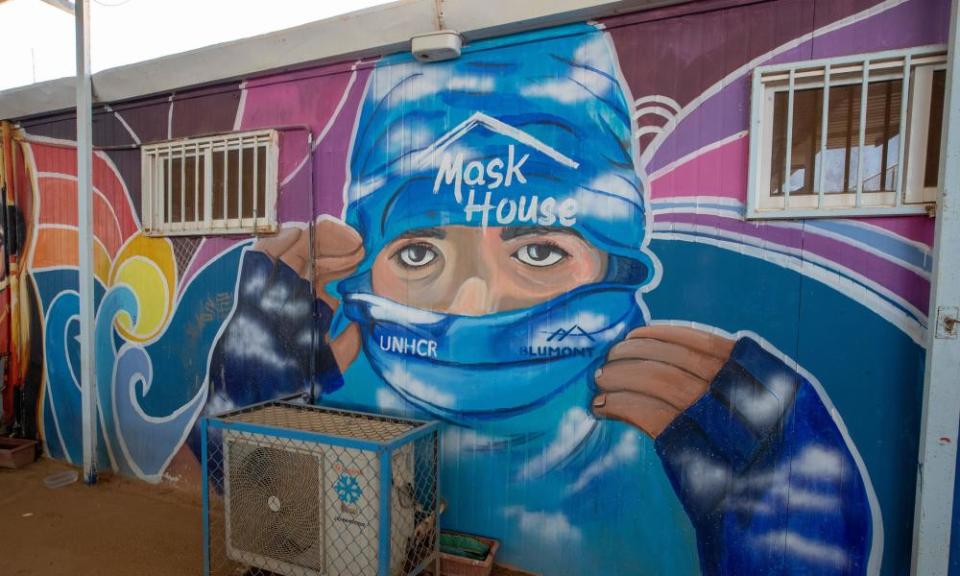Cuts to overseas aid thwart UK efforts to fight Covid pandemic

Cuts to the government’s overseas aid budget of more than £3.5bn have undermined the quality of the UK’s efforts to slow the global Covid-19 pandemic, ministers’ own aid spending watchdog has found.
It is the first official UK assessment of how the cuts to the Official Development Assistance (ODA) budget have damaged the British contribution to the fight against Covid in poorer countries, with a number of such programmes having been “reduced or closed, increasing the burden on developing countries and placing vulnerable groups at increased risk”.
As a result, the Independent Commission for Aid Impact (ICAI) says, the “ability of the UK aid programme to respond flexibly to the evolving pandemic has been reduced”.
The report, looking into the first 16 months of ministers’ response to Covid, finds that from November 2020 the “scale of the budget cuts required to meet the reduction of the aid spending target from 0.7% to 0.5% of UK gross national income meant that many areas of aid spending linked to the pandemic response were affected”.
It says decisions on where to cut “were mostly taken centrally, with overseas networks and spending teams closest to the programmes providing advice. They did not always reflect the substantial volume of evidence and analysis on pandemic-related risks and vulnerabilities that had been collected”.
It points out that by March 2021, one year into the pandemic, the UN had estimated that 12 million women had seen interruption in their access to contraceptives, leading to 1.4 million unwanted pregnancies.
Yet the report points out that in April 2021 the UK government announced its decision to reduce funding by 85% to UNFPA Supplies Partnership, the UN’s flagship programme focused on expanding access to reproductive health services.
The report concludes: “Programmes that would have mitigated the long-term damage of the pandemic … have been reduced or closed, as well as long-term investments delivering good value for money, which have been ended.”
It cites a 27% decrease in funding for “social safety nets” for Syrian refugee families in Jordan as another example of a cut that went against the available guidance. The report warns that it is not yet clear how much of the vaccine help given by the UK will qualify as ODA or instead have to come from other budgets.
The report points out that as of October 2021 less than 2% of the populations in Sudan and Zambia have been vaccinated. It also says too many specialist staff were mandated to return to the UK at a time when their skills were needed. Development staff were reallocated to work on consular issues for British nationals.
The ICAI commissioner, Sir Hugh Bayley, said: “The Covid-19 pandemic has reversed development gains made in many of the world’s poorest countries, pushing an additional 97 million people into extreme poverty.
“The UK’s early aid response was strong and made an important contribution to global efforts to develop vaccines. It is important that the government now builds on this to accelerate the supply of Covid-19 vaccines to developing countries and to ensure they are used to protect the most vulnerable people.”
The report says ministers pivoted funds and rapidly allocated £733m of UK aid by mid-April 2020, making the UK one of the largest donors during the early phase of the international response.
But it says the distribution of vaccines to poor countries has been disappointing and this, coupled with the challenges of delivery within vulnerable countries, “highlights the need for the UK to continue to build on its initial investment”.

 Yahoo Finance
Yahoo Finance 